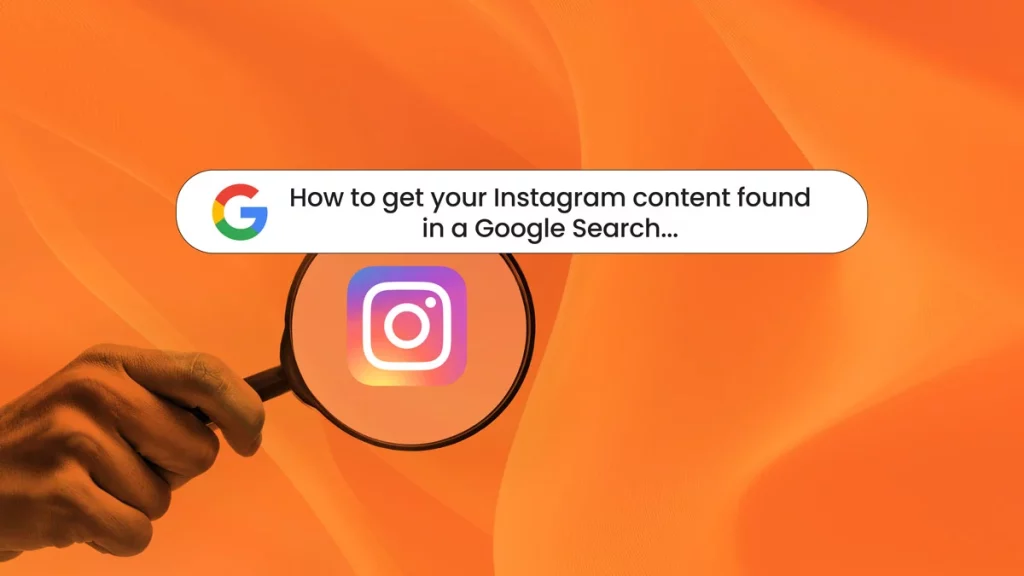When looking for something online, you’ve probably noticed that some results appear at the very top with a small ‘Ad’ label, while others show up below without any such marker. These two types of results represent paid search and organic search. But what exactly do they mean, and which one is better for businesses? Let’s put Paid vs Organic search head-to-head.
Jump to a section:
What is Paid Search?
Paid search, often referred to as Pay-Per-Click (PPC) advertising, allows businesses to pay for their website to appear at the top of search engine results. Companies bid on keywords related to their products or services, and when users search for those terms, their ads appear. The advertiser is charged each time someone clicks on their ad. Google Ads is the most well-known platform for this type of advertising and is seen as one of the most effective ways to generate new leads.
What is Organic Search?
Organic search refers to the unpaid results that appear naturally based on a search engine’s algorithm. Websites earn these positions by providing high-quality content, using relevant keywords, and ensuring a well-structured website. Search Engine Optimisation (SEO) plays a key role in boosting a website’s ranking in organic search results.
Comparing Paid vs Organic Search
Both paid and organic search have their strengths and weaknesses, making them useful in different situations.
Paid search offers immediate visibility, which is especially beneficial for lead-generation, new businesses or time-sensitive promotions. It allows for precise targeting, ensuring ads reach the right audience based on location, demographics, and interests. However, once the budget runs out, the visibility disappears, meaning continuous investment is required.
Organic search, on the other hand, takes time to build but provides long-term benefits. A well-optimised website can consistently attract traffic. There’s an argument, although not proven, that organic activity can instil more trust from users, with some seeing organic activity as more credible. However, competition for top spots is fierce, and maintaining rankings requires regular effort and updates.
While paid search provides quick results, costs can add up quickly, and poorly managed campaigns may not deliver a return on investment. Organic search, although cost-effective in the long run, requires patience, effort, and ongoing optimisation, which may not suit businesses needing immediate traffic.
Which One Should You Choose?
The best approach depends on your goals. If you need instant traffic or are running a short-term campaign, paid search is the way to go.
If you want sustainable, long-term traffic, investing in SEO for organic search is essential. In many cases, a combination of both provides the best results, ensuring immediate visibility while working towards long-term growth.
Ultimately, paid and organic search complement each other, and businesses that leverage both can maximise their online presence effectively.








